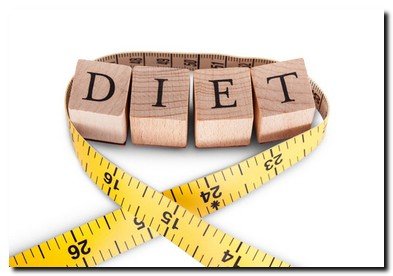
SULSELEKSPRES.COM – The keto diet is a diet that is high in fat and protein, but low in carbohydrates. Reducing carbohydrate intake makes the body experience a metabolism known as ketosis.
Ketosis occurs when the body begins to break down fat to use as energy. This diet is considered effective for people who are obese to lose weight.
However, make sure you have an appropriate diet to avoid the various risks that can occur when doing this diet. So, here are the risks when on a keto diet, namely:
1. Causes the keto flu
Carbohydrate intake while on the keto diet is less than 50 grams per day. If you are not used to it, this condition will make drastic changes to your body.
When your body uses up stored carbohydrates and switches to using fat for energy, you run the risk of experiencing flu-like symptoms. Signs include headaches, dizziness, fatigue, nausea, and constipation.
Make sure to make sure you stay well hydrated so that the symptoms of the keto flu can improve.
2. Trigger kidney disorders
Animal foods with high fat content are the main food when on a keto diet. There are various foods, such as eggs, meat, and cheese.
The problem is, consuming too many animal protein foods can increase the risk of kidney disorders. This is because the intake of animal foods causes blood and urine to become more acidic. This condition increases the excretion of calcium in the urine.
The keto diet also reduces the release of citrate through the urine so that it is at risk of triggering the development of kidney stones. People with chronic kidney failure should avoid doing the keto diet, because it can trigger acidosis which exacerbates the disease.
3. Increase the risk of nutritional disorders
The keto diet limits food intake, such as nutritious fruits and whole grains. This condition increases the risk, the body fails to provide the appropriate amount of vitamins and minerals.
In fact, someone who runs the keto diet is at risk of experiencing various nutritional disorders. For example, such as deficiency of vitamin D, calcium, magnesium, to phosphorus.
Over time, this condition can lead to nutritional deficiencies.
4. Trigger digestive disorders
Several sources of fiber, such as grains to vegetables also contain carbohydrates which need to be limited in consumption while on the keto diet. As a result, the body can experience a lack of fiber which triggers digestive disorders.
There are several digestive disorders that can occur, such as constipation to discomfort in digestion.
5. Experiencing hypoglycemia
A low-carb diet can regulate blood sugar levels. However, people with type 1 diabetes may be at risk of having more episodes of low blood sugar (hypoglycemia).
This condition causes a person to experience confusion, fatigue, and excessive sweating. If hypoglycemia is not treated, this condition risks causing coma and death.
Source: halodoc.com


